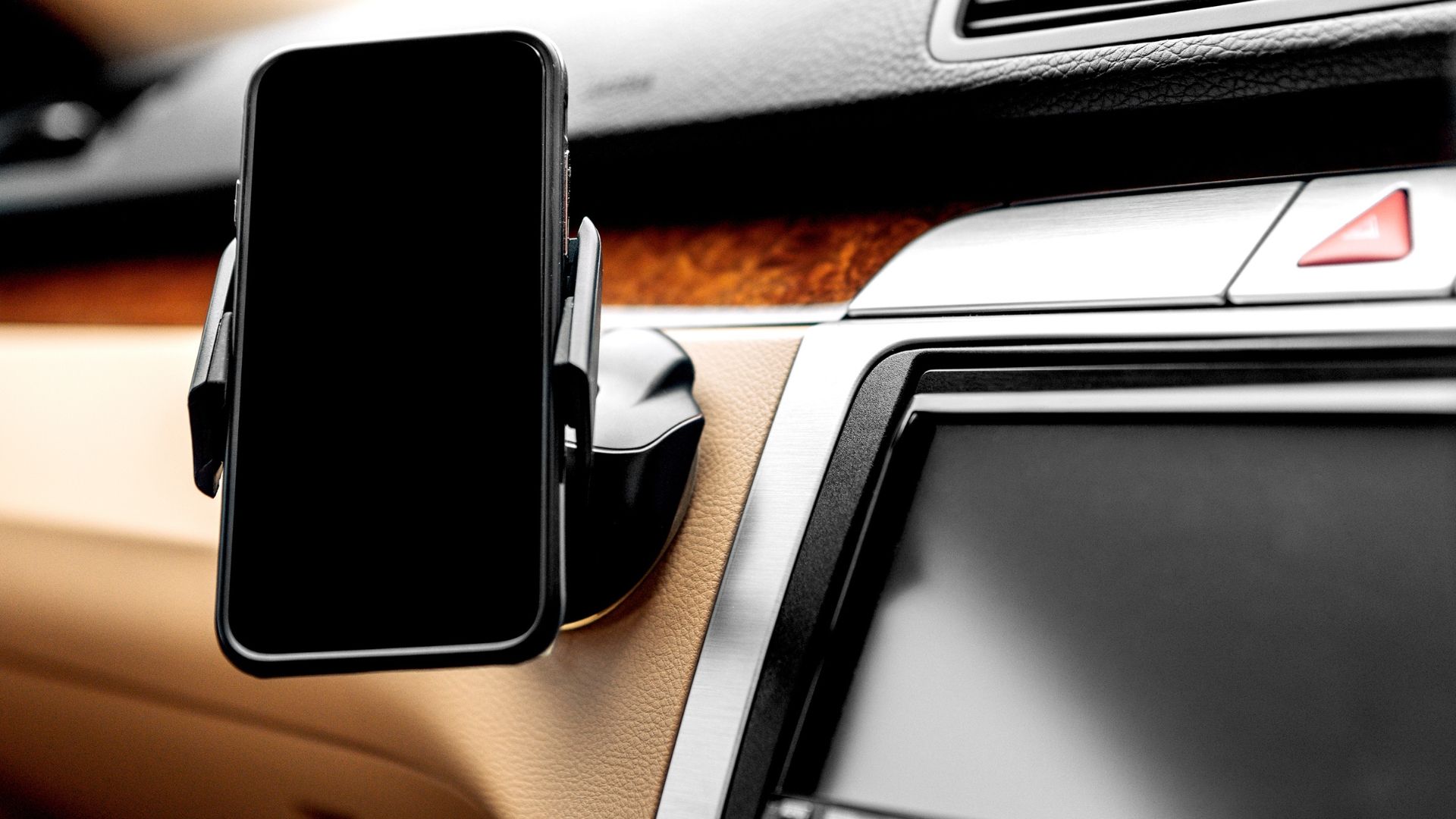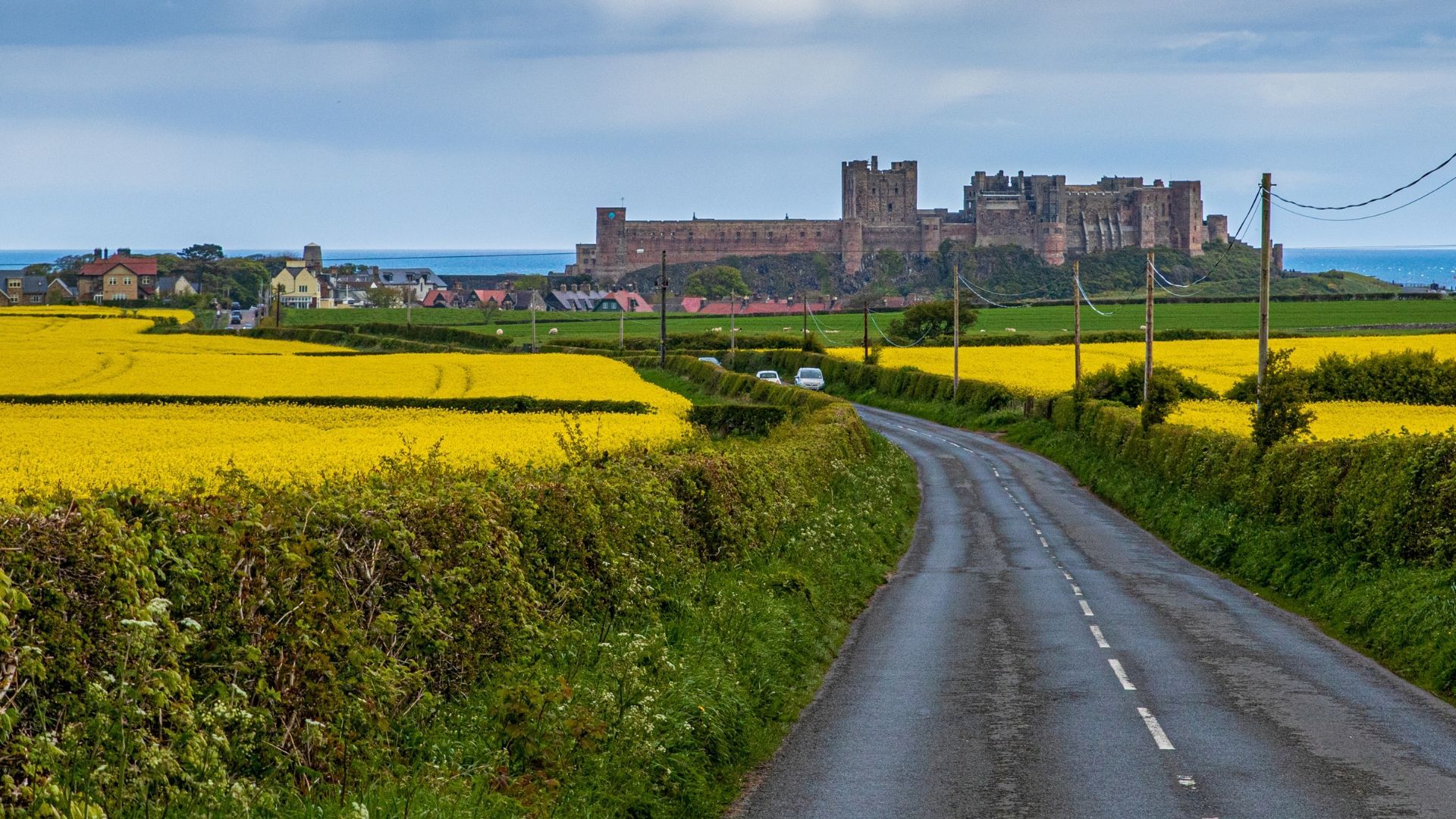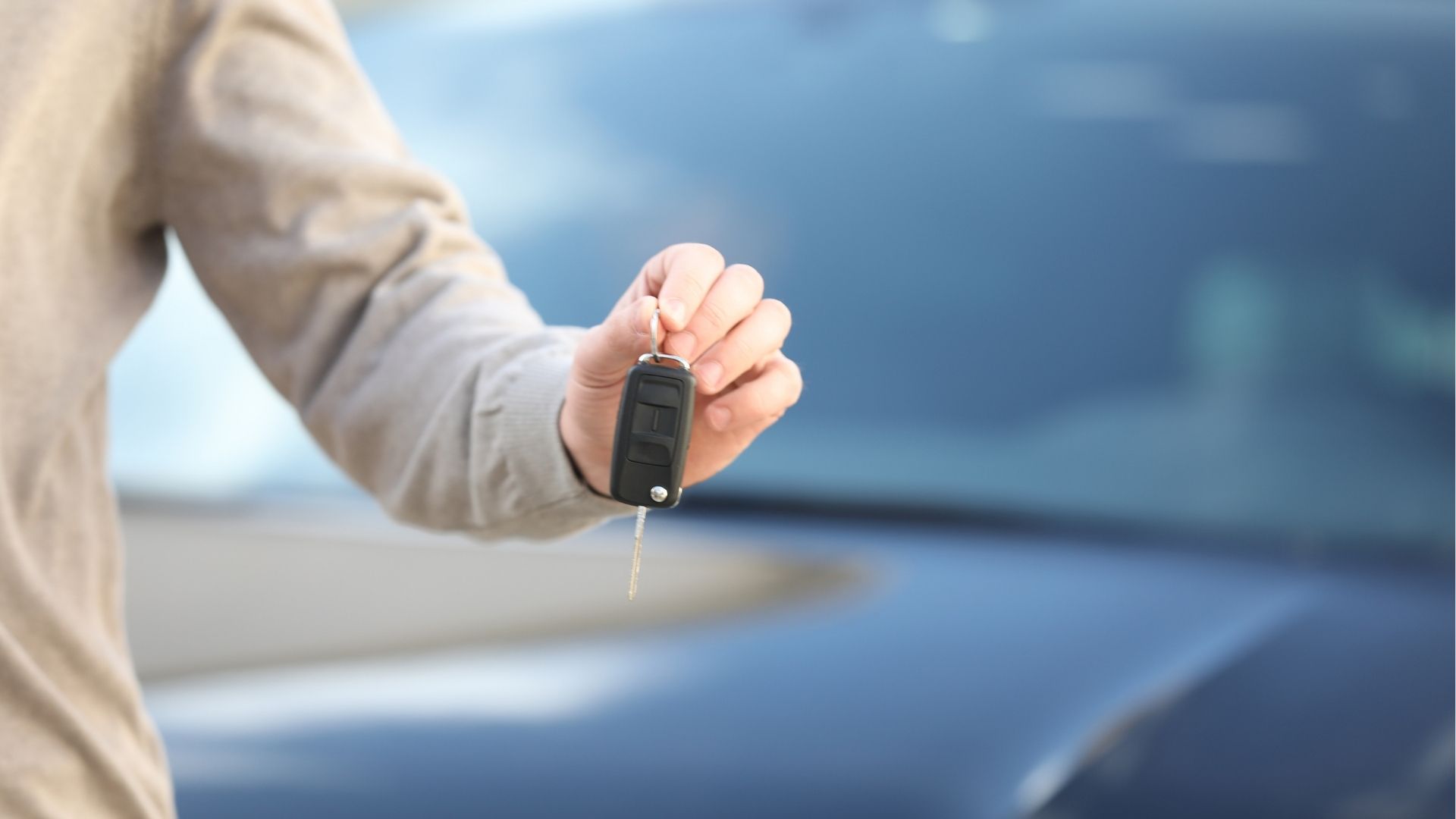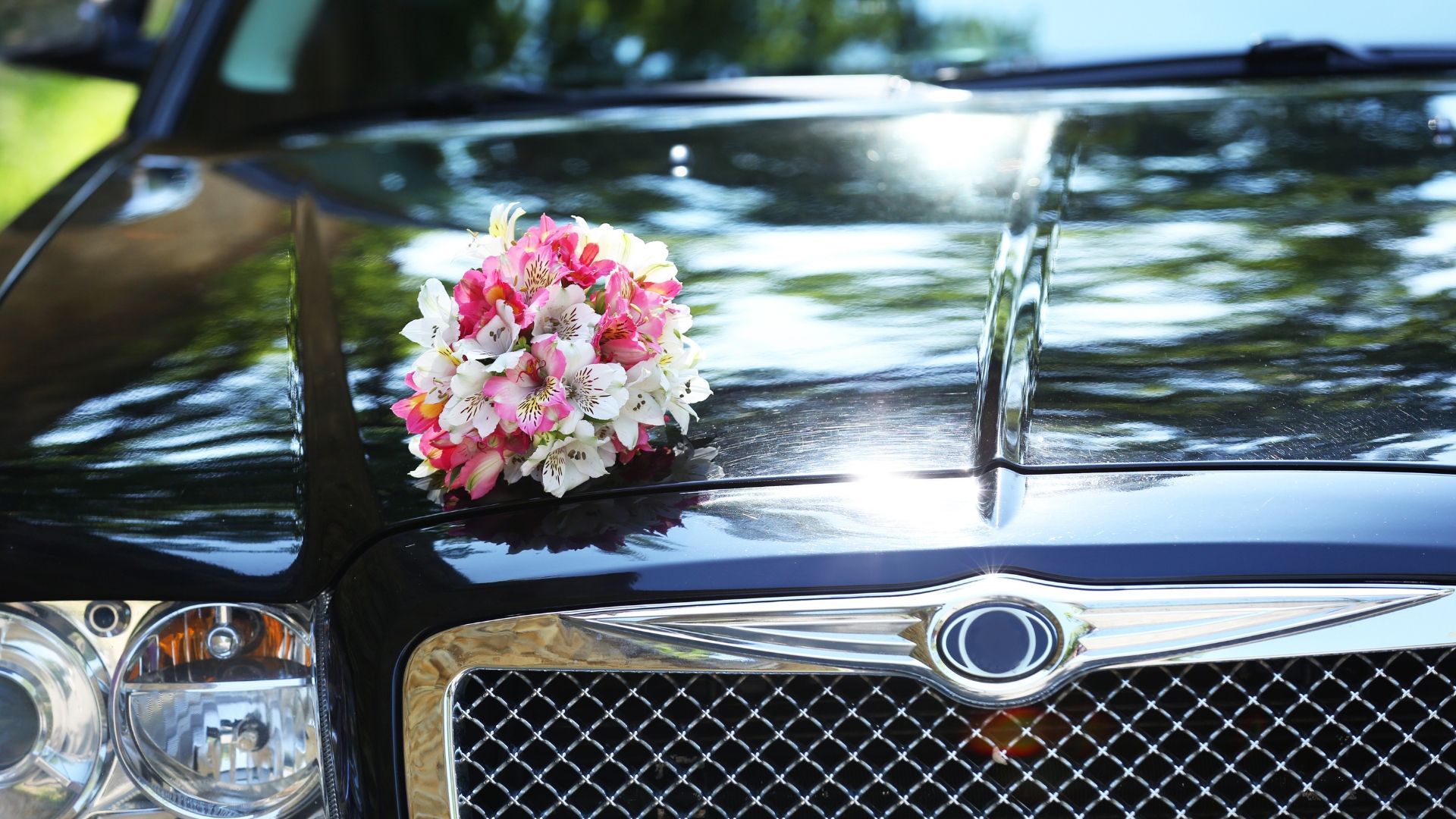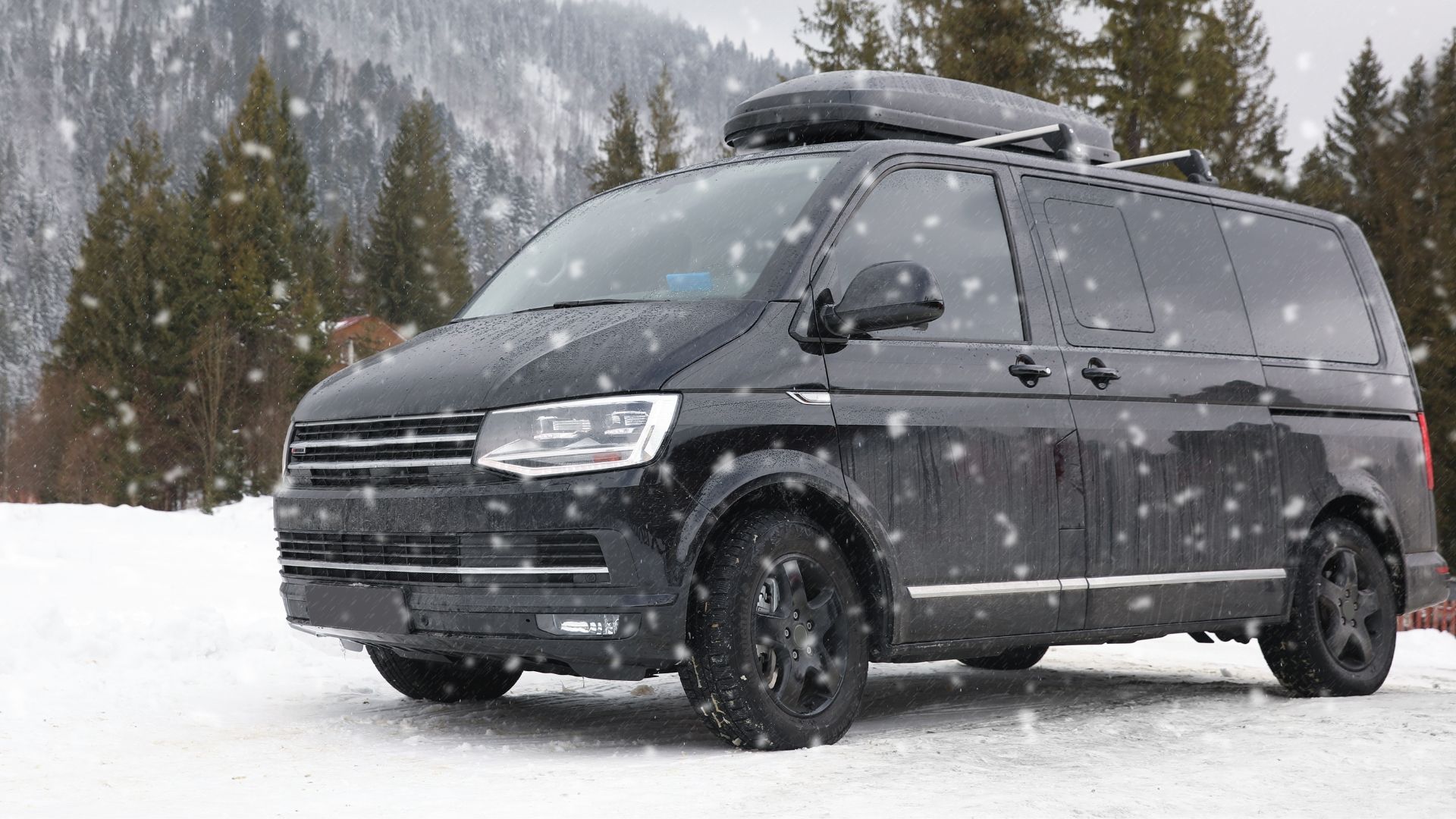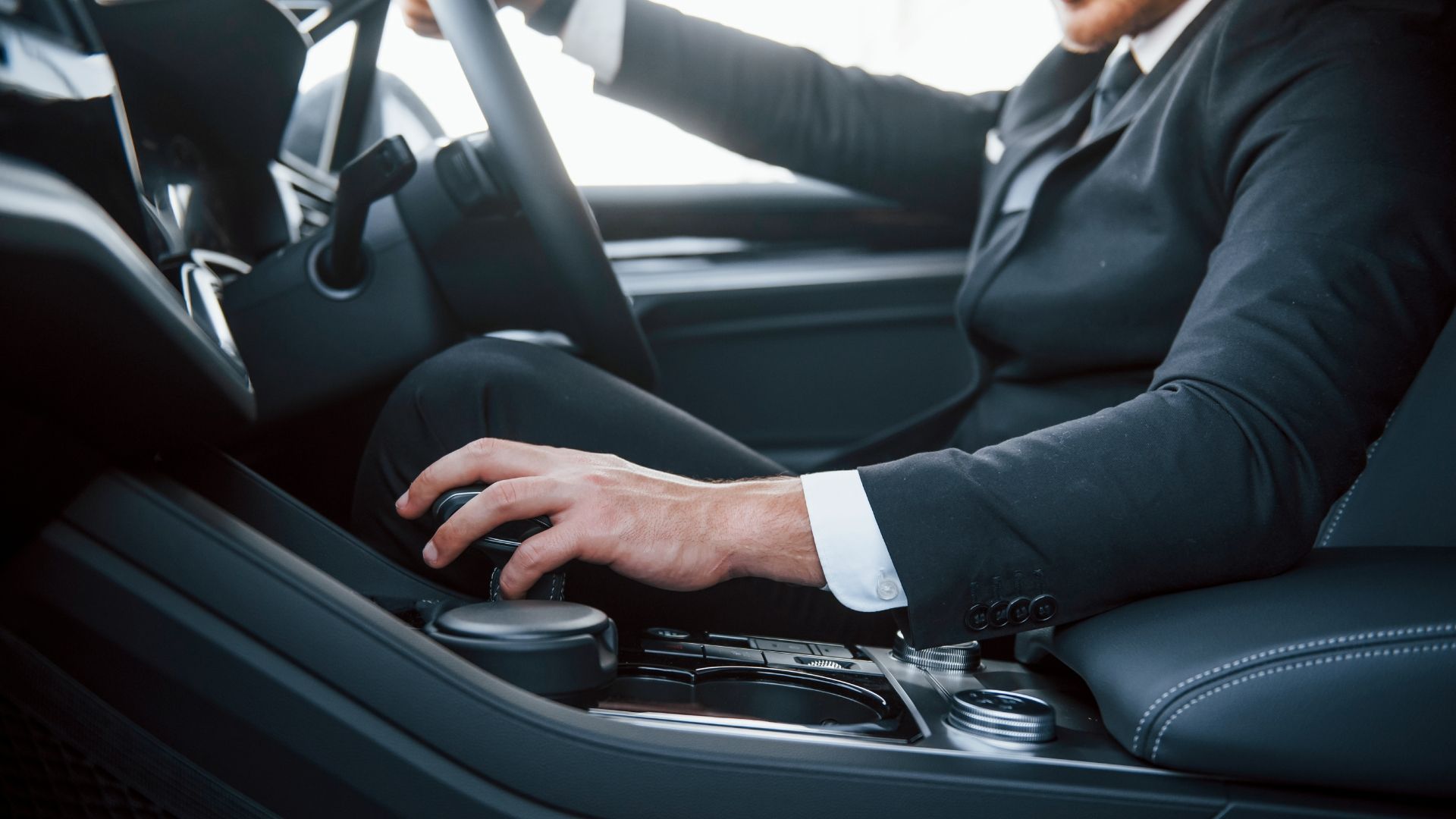Driving abroad? Memorise these 9 tips
With a little preparation, you can follow the open road all over the world! Here's how to take the stress out of your next international adventure.

Too many of us are put off driving abroad by concerns about red tape – but it's actually surprisingly simple to get set up for foreign road trips. Just follow our nine tips for driving abroad.
1. Give yourself enough time
It might end up being stressful to sort things out a few days before you go, so why not avoid any last-minute pitfalls by giving yourself a bit more leeway? Ideally, you'll start planning at least a month before your holiday. If you want to hire a car, you can arrange your licence check up to 21 days before you pick up the vehicle.
2. Check your licence
You'll need a valid, full (not provisional) licence for the whole of your trip – not just the outbound journey! So now's the time to double-check when it needs renewing, and make sure it hasn't been damaged, lost or stolen
If you find it has, don't panic – you can easily renew online or replace it with a brand spanking new one at gov.uk (it shouldn't take more than five days to get to you). You can also apply by post if you're more traditional, but that increases turnaround times.
You'll also need to pack your DVLA driving record.
3. Make sure it's legal
If your vehicle was registered in the UK, then it must follow UK laws, even overseas – so your car tax, MOT and UK insurance must be valid throughout your holiday. If you're hiring, your rental company will arrange these.
4. Prove you're allowed to drive the vehicle
You'll also need evidence that you've got the right to drive the car, in the form of either a Vehicle Log Book (if you own it) or a VE103 Vehicle On Hire Certificate if you're leasing from a hire company. But beware: you can't get away with providing photocopies or letters of authority instead!
Your vehicle hire company may arrange your VE103, or you can get one via the AA, the RAC or the British Vehicle Rental and Leasing Association (BVRLA).
Without this easily-sourced documentation, you might face significant border delays – or even have the vehicle impounded if foreign police suspect you've stolen the car!
5. Get permitted
You might need to get an international driving permit (IDP), too.
If you've got a photocard licence issued in the UK, you won't need an IDP in the EU, Norway, Liechtenstein, Iceland or Switzerland. If you've got a paper licence (or a photocard issued in the Isle of Man, Gibraltar, Jersey or Guernsey) you may still need one. And if you're driving further afield, you'll probably need an IDP regardless of your licence.
There are various types, so your best bet is to check the handy list of requirements for different countries at gov.uk. Then you can just pop into your local post office and pick one up over the counter.
6. When in Rome…
If you don't want your holiday interrupted by a run-in with local traffic police, make sure you look up the local rules of the road before you go.
Different countries might have different rules about drink driving, speed limits, roundabouts, and so on – you'll need to stick to them to avoid a fine. For instance, most countries don't allow the use of a handheld mobile phone while driving, and penalties can be severe.
And it's not just about driving: make sure you check out the UK government travel advice for every country you're driving in. They'll let you know about any safety or security issues, as well as which local laws or customs you might need to be aware of while you're there.
7. Get kitted out
You might also need some extra kit to drive in the countries you're visiting.
In some places, you must have a reflective jacket, a warning triangle for breakdowns, or winter tyres or tyre chains. You may need to get a UK sticker, headlight converter stickers or emission permits too (you might have to register in advance for congestion charge schemes or low emission zones).
If you're hiring, it's a good idea to double-check you've got the right equipment for wherever you're going. The AA also recommends you take a left-hand door-/wing-mirror to help with driving on the right, and some headlamp beam converters. If you're hiring a vehicle, you could check whether your rental company provides these.
8. Check you're covered
Your UK vehicle insurance covers you for driving in EU countries, but might not extend to accidental damage or car theft abroad. So, if you're driving your own car, get in touch with your insurer to arrange the extra cover.
If you're venturing outside the EU, you might also need a green card to carry with you. It's worth checking on gov.uk to be sure.
Talking of insurance, don't forget that you'll also want cover for non-driving-related issues! So make sure you've arranged a travel insurance policy for your trip. If you're travelling in the EU, get hold of a UK Global Health Insurance Card too, so you can access free healthcare.
9. Stay healthy
If you're doing a lot of driving, you'll want to be comfortable, so don't forget to pack any health-related items you use for driving at home. You'll regret leaving your backrest and driving gloves behind when you're halfway across the alps!
If you wear glasses for driving, it's essential you pack a spare pair too – to make sure you don't end up stranded abroad. And don't forget to find out the local emergency phone numbers in case things don't go to plan (you can ring 112 anywhere in the EU to reach local emergency services).
Need to hire a car while you’re still on UK soil? We’ve got you covered. Metro Vehicle Hire offers competitively priced car hire in Newcastle Upon Tyne, Gateshead, County Durham and Northumberland.


